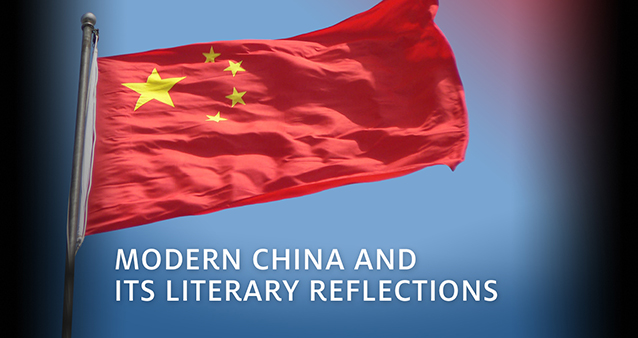
by bartmann | Apr 4, 2024
In order to understand modern China, we must understand the changes that have shaken its cultural foundations and profoundly transformed the country with a speed unrivaled in recent world history. The term “modern” in this sense is more than a chronological marker but...
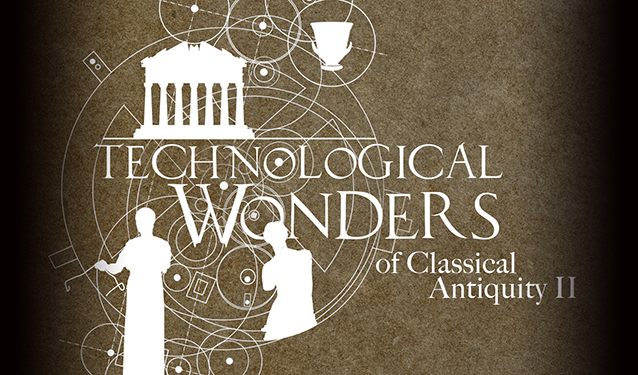
by bartmann | Apr 4, 2024
This class continues the discussion of Technological Wonders of Classical Antiquity from 2016. While the 2016 course focused on pyrotechnology (pottery and bronze-casting), this course will emphasize stone working (sculpture and temple architecture). The 2016 course...
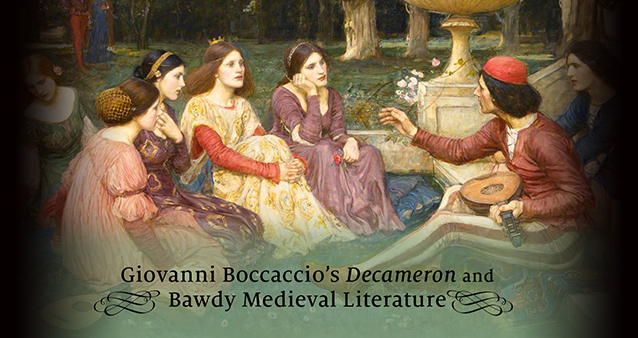
by bartmann | Apr 4, 2024
Giovanni Boccaccio’s Decameron (ca. 1348-1351) is a masterpiece of world literature. Boccaccio is one of the Three Crowns, the three founding authors of Italian literature (along with Dante and Petrarch). Yet his Decameron is a conundrum. Composed in the wake of the...
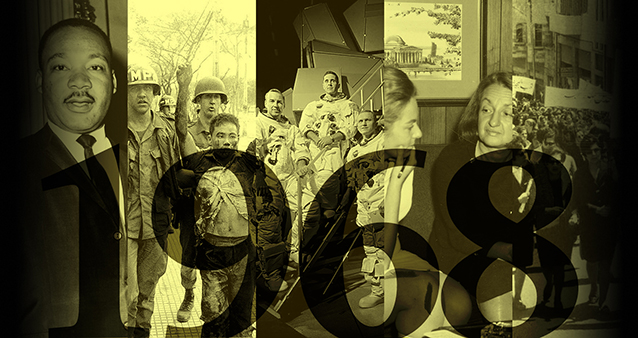
by bartmann | Apr 4, 2024
This seminar will examine the social movements that came to the fore in the year that began with the Tet Offensive and ended with the launch around the moon. The first three classes will examine the antiwar, civil rights, and women’s movements using images and texts...
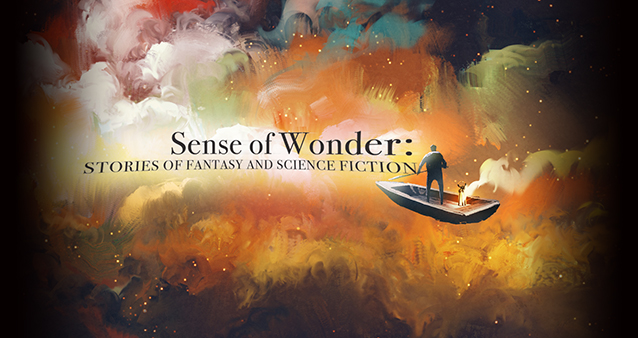
by bartmann | Apr 4, 2024
Science fiction is a modern art form closely tied to advances in science and technology. It generates an imaginary space where a new development in science can be imaginatively tested for its possible effects on humanity. Some scenarios are cautionary, while others...

by bartmann | Apr 4, 2024
Professor Kosta repeats her popular course from 2015 with a few variations: Germany’s Weimar Republic (1919-1933) rose out of the ashes of World War I to become both an immensely creative and fraught period of the twentieth century. The exciting capital Berlin, a...
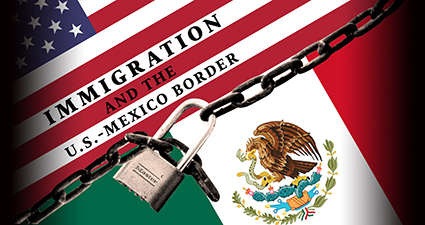
by bartmann | Apr 4, 2024
Since the formation of the current U.S.-Mexico border resulting from the Treaty of Guadalupe Hidalgo and the Gadsden Purchase, immigration (both legal and unauthorized) across this border has been a hotly debated political issue. That debate continues today as seen in...
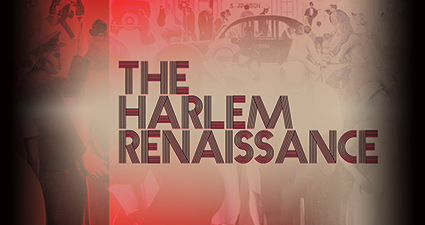
by bartmann | Apr 4, 2024
In the 1920s and 1930s the soulful rhythms of blues and jazz signaled an explosion of African American creativity. During this period, known as the New Negro Movement and later as the Harlem Renaissance, musicians, dancers, visual artists, writers, and scholars sought...

by bartmann | Apr 4, 2024
This seminar examines the relations between culture and power in nineteenth-century France through the study of masterpieces of realist fiction. The realist novel is a cultural artefact specific to the nineteenth century, a genre born with the modern democratic...

by bartmann | Apr 4, 2024
U.S. intervention in underdeveloped countries raises many basic issues of international relations and foreign policy. The main purpose of this class is to provide students with an ability to examine such issues critically and in a historical context. Among the general...
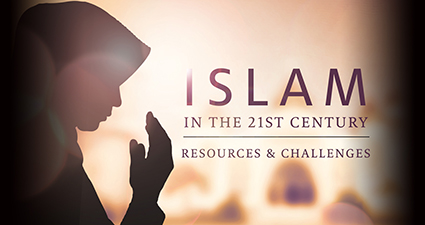
by bartmann | Apr 4, 2024
This course explores Islam and Muslim societies in the contemporary period. It begins by focusing on the fundamentals of Islam, such as the life of Muhammad, the Qur’an, law, and theology. The topics we will discuss include opportunities for Muslims in the United...

by bartmann | Apr 4, 2024
Biology has well-supported insights into how animals make decisions and why they behave the way they do, in contexts from foraging to cooperation. This knowledge is grounded in theory as well as empirical evidence. Generally these insights also apply to humans: humans...
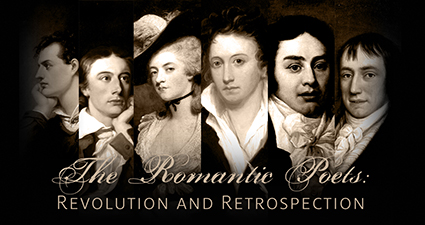
by bartmann | Apr 4, 2024
This seminar focuses on the six poets (one recently rediscovered) who most defined English Romanticism in poetry and verse drama between 1798 and 1824. It emphasizes their philosophical, emotional, and stylistic tugs-of-war, despite their quite different politics:...
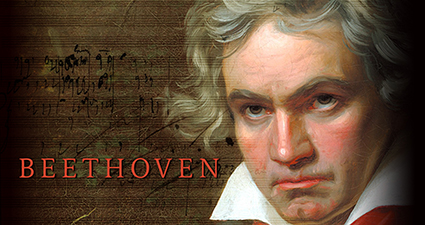
by bartmann | Apr 4, 2024
This course surveys the music of Ludwig van Beethoven from the perspectives of different professors at the Fred Fox School of Music. Jay Rosenblatt begins with an overview of Beethoven’s life: his youth in Bonn, the reasons for his move to Vienna, and the outline of...
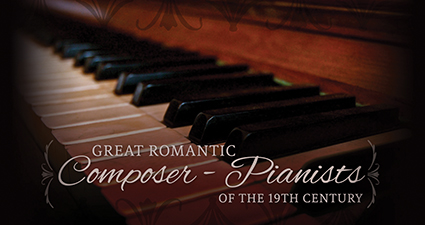
by bartmann | Apr 4, 2024
What inspired Romantic composers of the 19th century to create the significant piano works that continue to speak profoundly to today’s audiences? Throughout the Romantic era the piano and the pianist-composers who wrote for it assumed an increasingly important role...
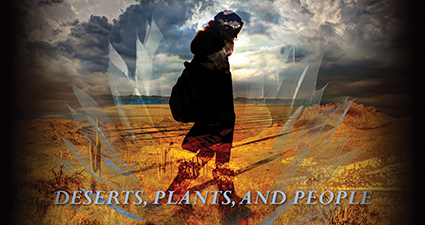
by bartmann | Apr 4, 2024
Environments commonly known as “deserts” occupy nearly one-third of the earth’s land surface and are home to about a billion people. We will first discuss the geographical features of deserts, answering seemingly simple questions: What is a desert, and why do they...
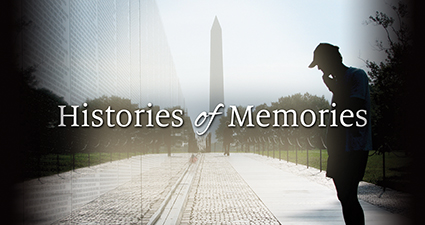
by bartmann | Apr 4, 2024
This course examines modern histories of collective memories through the institutions and technologies that facilitate recall, such as museums, photography, and visual culture. We will consider moments of tension when history and memory appear to be at odds, when...
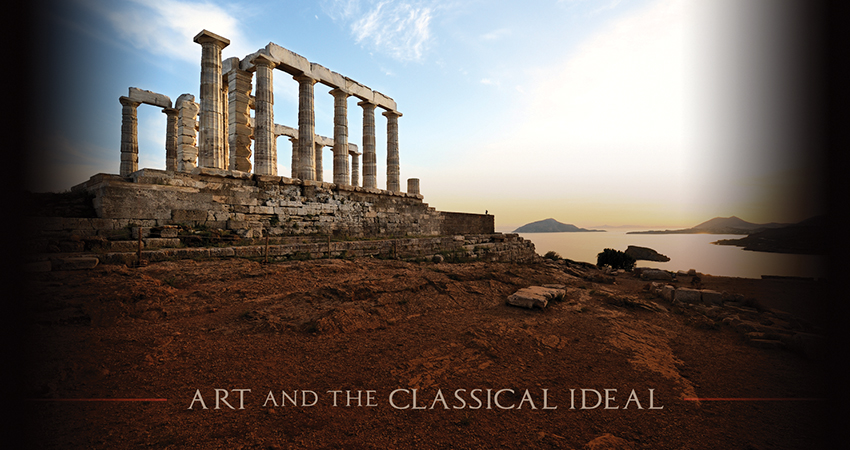
by bartmann | Apr 4, 2024
Experience the classical world and its enduring legacy on a tour led by archaeologist and art historian Dr. David Soren. Beginning with the amazing structures of ancient Greece and Rome, the course surveys the continuing influence of the classical ideal from antiquity...
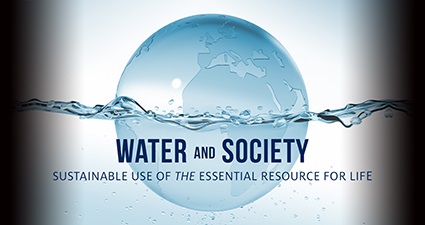
by bartmann | Apr 4, 2024
Register Now Water is the most important resource associated with ecological and human well-being, economic productivity, and security. Stresses are placed on the Earth’s water resources by climate change, population growth, conflicts, and other social changes....

by bartmann | Apr 4, 2024
This seminar will examine the social movements that came to the fore in the year that began with the Tet Offensive and ended with the launch around the moon. The first three classes will examine the antiwar, civil rights, and women’s movements using images and texts...





















